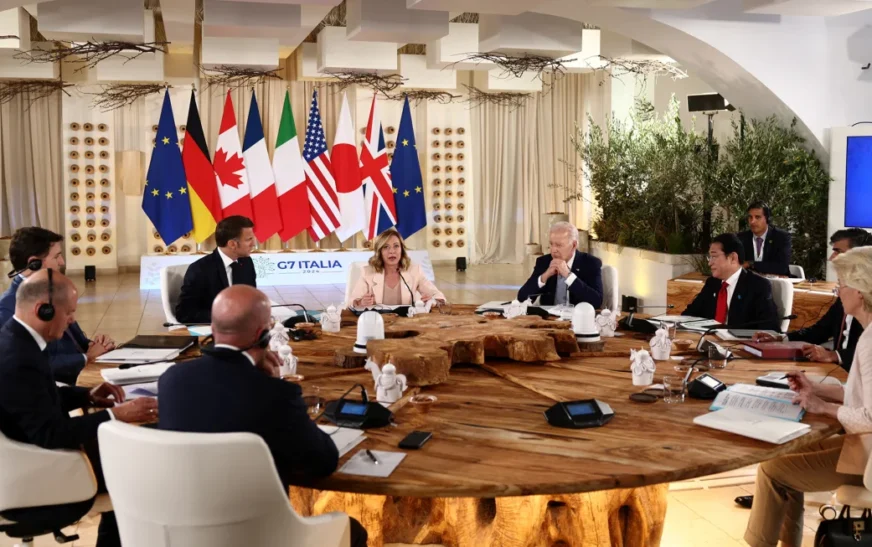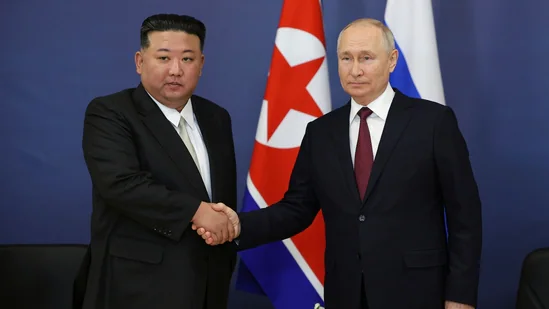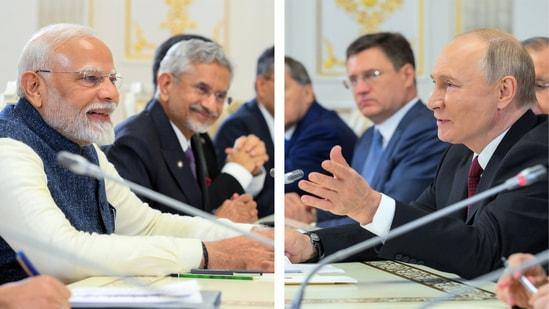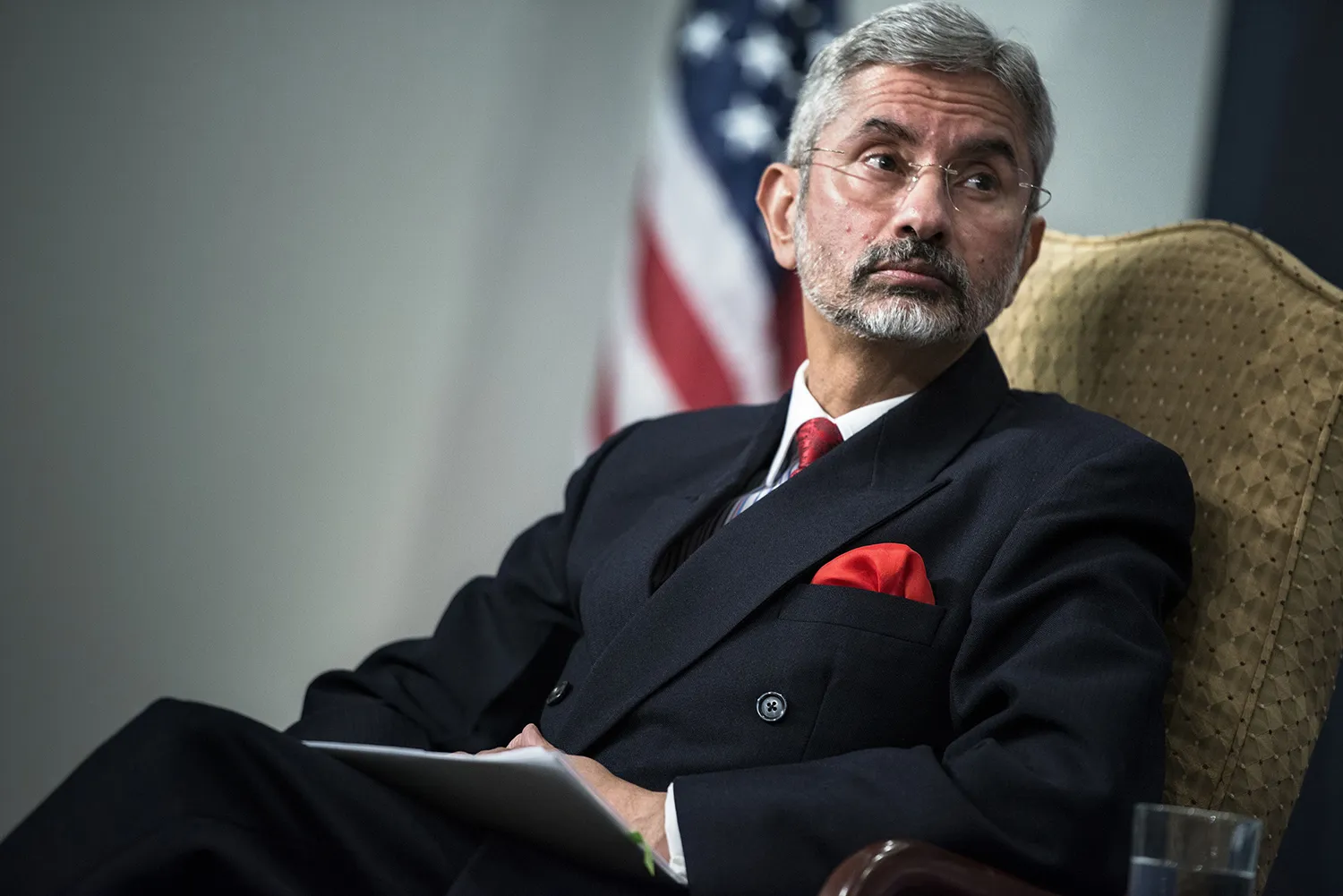Leaders from the Group of Seven (G7) countries, meeting in Italy, have reached a contentious point over the wording regarding abortion rights in their summit declaration.
The final document, released on Friday, includes a reference to “comprehensive sexual and reproductive health and rights for all,” but notably omits the specific word “abortion.” This is in contrast to last year’s summit in Hiroshima, Japan, which explicitly called for “access to safe and legal abortion and post-abortion care.”
The disagreement primarily surfaced between French President Emmanuel Macron and Italian Prime Minister Giorgia Meloni. Macron expressed regret over Italy’s stance on omitting direct references to abortion, stating that France strongly supports women’s rights, including access to abortion services.
Meloni, leading a conservative government, defended Italy’s position, criticizing Macron’s remarks as politically motivated, especially in light of upcoming elections in France.
The United States, represented by President Joe Biden, played a pivotal role in negotiations, advocating to retain language supporting reproductive rights similar to the Hiroshima declaration. Biden, focusing on his reelection campaign, has emphasized protecting abortion rights as a key issue.
The clash reflects broader international tensions over reproductive rights, exacerbated by recent legal developments in the United States and France. In Italy, Meloni’s administration has pursued conservative policies domestically while aligning with G7 positions on global challenges.
The G7 summit traditionally serves to outline shared priorities and values for the participating nations. Despite disagreements on certain issues, including abortion, the leaders reaffirmed their commitments to universal access to health services for women.
As discussions continue, the debate underscores the intersection of national politics and global diplomacy within the G7 framework, highlighting ongoing challenges in achieving consensus on sensitive social issues.











